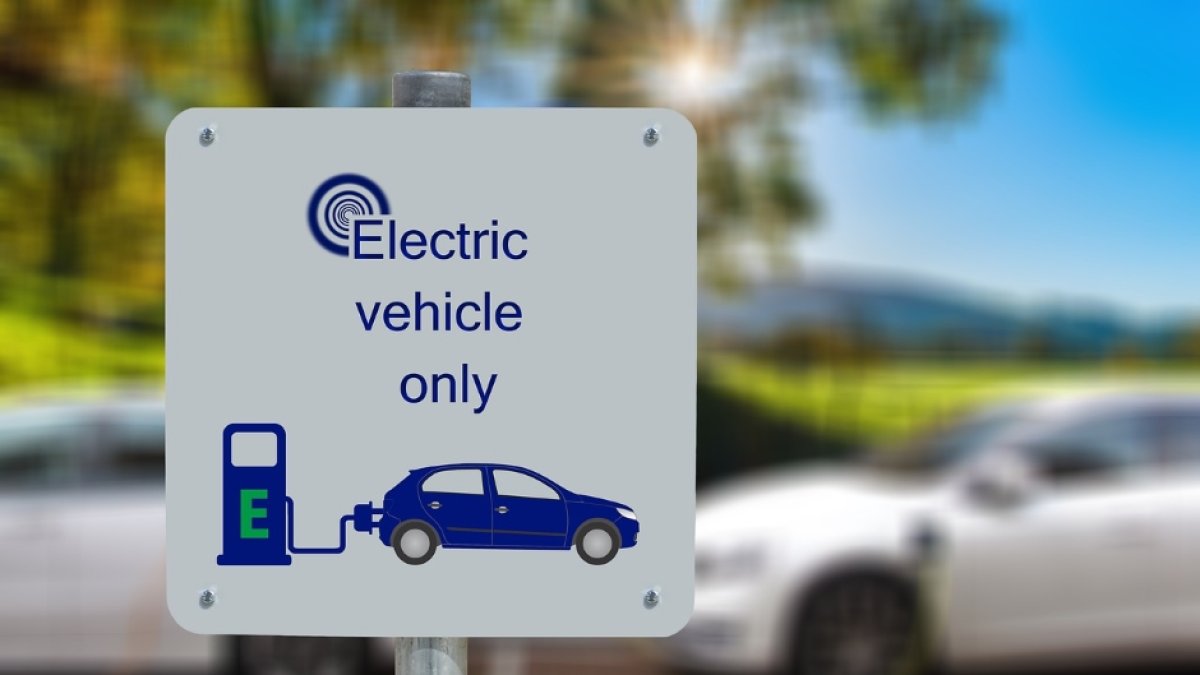Automakers warn Biden that his electric car plan is unfeasible
Electric vehicles will account for less than 8% of total new vehicle sales in 2023.

(Pixabay)
President Joe Biden's intention to boost electric vehicle sales, as part of his Green New Deal, has been a complete failure. This was proven by a Cox Automotive study, which revealed that electric vehicles will account for less than 8% of total new vehicle sales in 2023. In addition, two major automakers warned that the president's expectations for two-thirds of new vehicle sales to be electric by 2032 are too optimistic.
Media outlets such as The Telegraph accessed information submitted by Stellantis NV and Toyota Motor Corp. to the Federal Government, in which they emphasized that, although they agree with supporting the sale of electric vehicles, they are aware that they need customers and that the costs are still too high for the market. Similarly, Toyota highlighted that the Biden administration is underestimating the challenges automakers are facing and gave the example of the shortage of minerals needed to manufacture batteries.
"The proposed rule significantly underestimates the actions needed to build the targeted EV market," Toyota said in comments accessed by The Telegraph.
The British media outlet indicated that what American manufacturers are going through should be an example for the United Kingdom when making decisions regarding the issue. "The push to wean American motorists away from the traditional internal combustion engine, a key part of his 'Green New Deal,' has not gone as smoothly as the administration has hoped," The Telegraph reported.
The challenges
However, this is not the first time that warnings have been raised about the significant challenges of converting the current fleet of cars in the United States. Research conducted by the University of California, Davis and The Climate and Community Project explained that such a transition would require three times more lithium than exists on Earth. In addition, the study warned of the potential international tension that could arise from an increase in demand for the mineral.
One of the reasons that has affected the sale of electric cars is the high cost. These vehicles cost around $12,000 more than gasoline-powered cars. Another reason is the difficulties drivers encounter when learning to use and maintain electric vehicles.
Automotive workers
Biden's policy to promote the sale of electric cars does not only affect manufacturers. The United Auto Workers Union has also criticized the push for electric vehicle sales. This is because as part of the Inflation Reduction Act, passed last year, automakers will have a windfall from electric vehicle (EV) tax credits.
"A new industry is being born. New standards are being set. It's time to build an EV industry that puts workers first," the Union president said in a video posted on Twitter.
Even though experts have been concerned about the consequences of fuel-less cars for some time, Democrats have not changed their minds. In fact, some, such as California Governor Gavin Newsom, have taken more radical steps. Last year, California became the first state in the country to ban the sale of gasoline-powered vehicles by 2035.












